Tag: Gender-Based Violence

UNFPA works to contribute to Vietnam’s health, demographic priorities
UNFPA’s work in Vietnam is centred on ensuring that every pregnancy is wanted, every childbirth is safe, and every young person’s potential is fulfilled, said UNFPA Representative in Vietnam Matt Jackson.
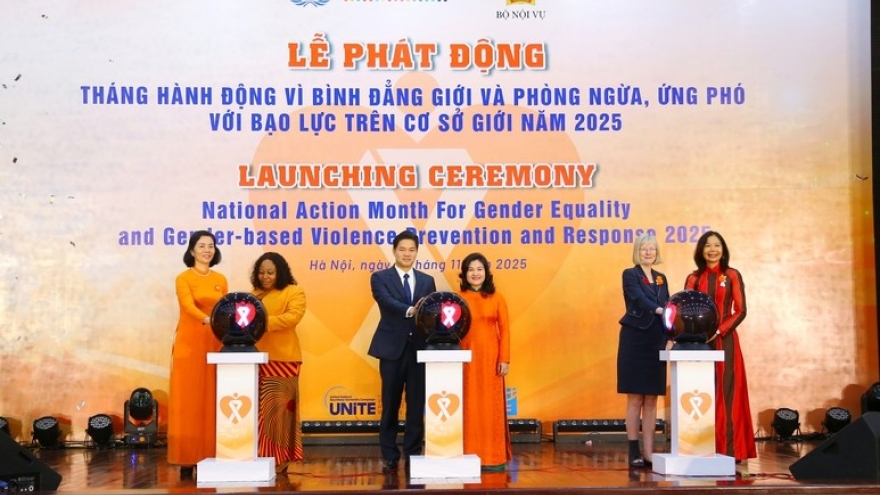
Vietnam launches Action Month for women’s and girls’ safety in digital era
VOV.VN - The Ministry of Home Affairs, in coordination with the United Nations Entity for Gender Equality and the Empowerment of Women (UN Women) on November 11 launched the National Action Month for Gender Equality and Gender-Based Violence Prevention and Response 2025 under the theme “Gender equality and safety for women and girls in the digital era.”

UNFPA, KOICA pledge to support to Vietnam to eliminate gender-based violence
The Korea International Cooperation Agency (KOICA) has allocated US$5.5 million to fund two news projects to support the Government of Vietnam with technical and financial support from UNFPA to address gender-based violence against women and girls.
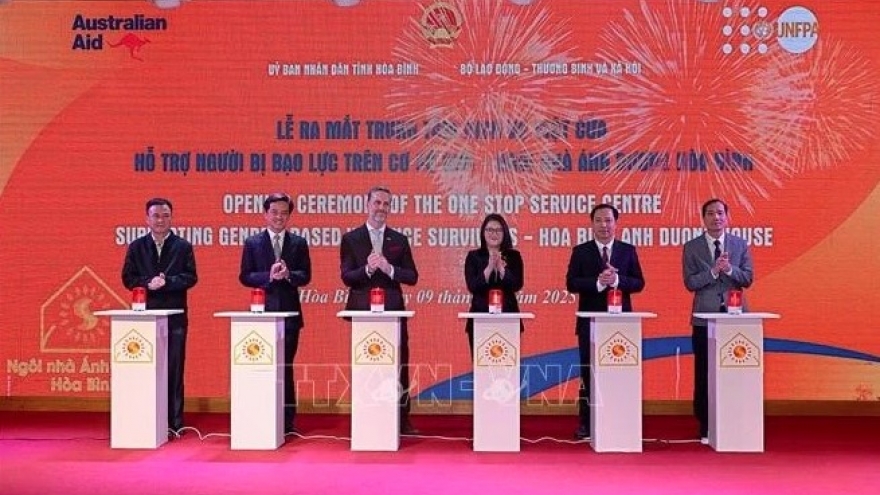
Hoa Binh launches support services for gender-based violence survivors
Vietnam’s determination to promote gender equality and to address gender-based violence is reaffirmed through the opening of another One-Stop Service Centre (Anh Duong House) in the northern province of Hoa Binh on January 9.
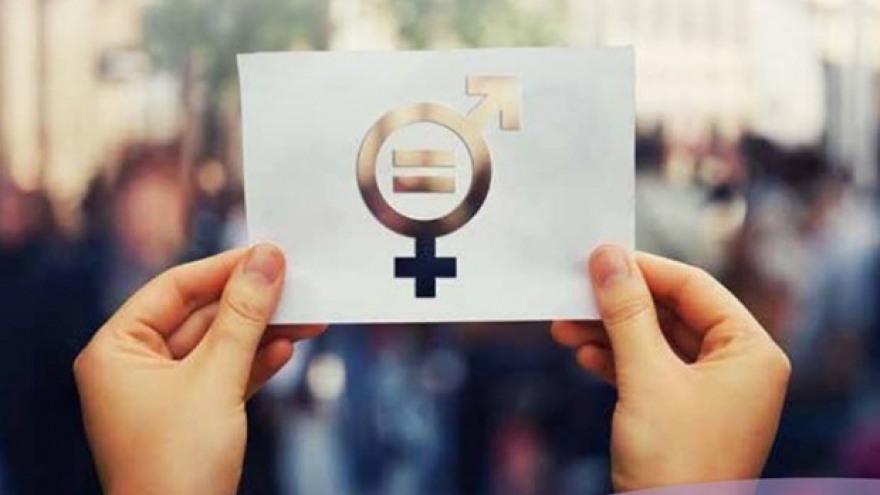
Dialogue helps students prevent, respond to gender-based violence in cyberspace
A dialogue on preventing and responding to gender-based violence in cyberspace was held at FPT Hanoi University by the Ministry of Labour, Invalids and Social Affairs (MoLISA) and the United Nations Population Fund (UNFPA) in Vietnam on October 18.
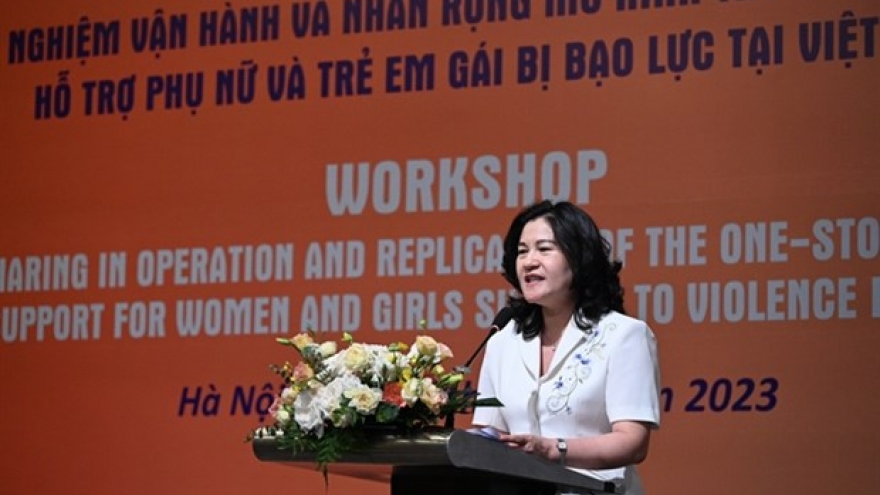
Workshop discusses solutions to minimise gender-based violence
At a workshop held in Hanoi on May 25, delegates exchanged insights and suggested initiatives aimed at enhancing the performance and service quality of the pioneering one-stop service centre model, specifically designed to aid women and girls affected by domestic violence.

Int'l seminar shares experience in building safe campus
A seminar to share experience in building safe campus in universities has been organised by the Centre for Studies and Applied Sciences in Gender, Family, Women and Adolescents (CSAGA), the UN Entity for Gender Equality and the Empowerment of Women (UN Women) office in Vietnam in conjunction with Hanoi University of Science and Technology.

Football festival spreads message of ending violence against women, children
More than 100 people in Hanoi on November 26 participated in a football festival which aims to popularise a message of putting an end to violence against women and children.
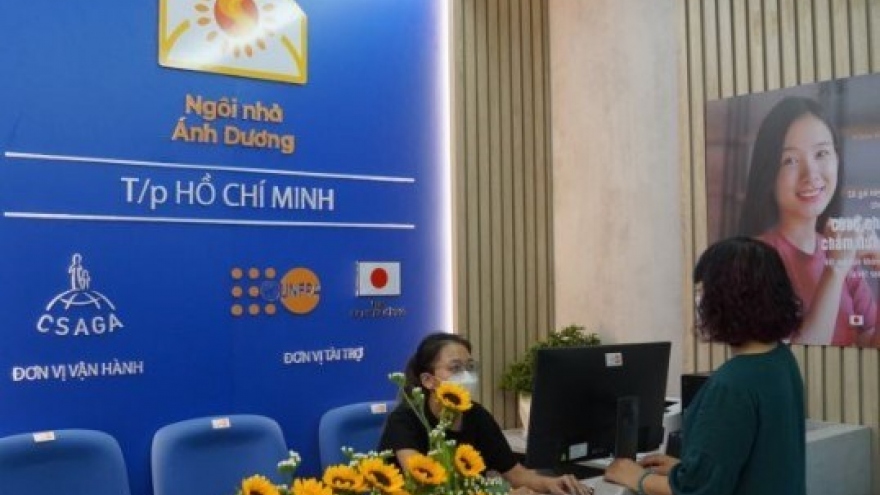
More service centres set up to support survivors of domestic violence
Two more One Stop Service Centres (OSSCs) on June 21 were officially launched in Ho Chi Minh City and Da Nang City to provide integrated and essential services supporting survivors of gender-based and domestic violence.

UNFPA further helps Vietnam respond to gender-based violence
The Vietnam Farmers' Union (VFU) and the United Nations Population Fund (UNFPA) on May 31 launched a US$7-million project to prevent, combat and respond to violence and other harmful behaviours in the 2022 – 2026 period.
